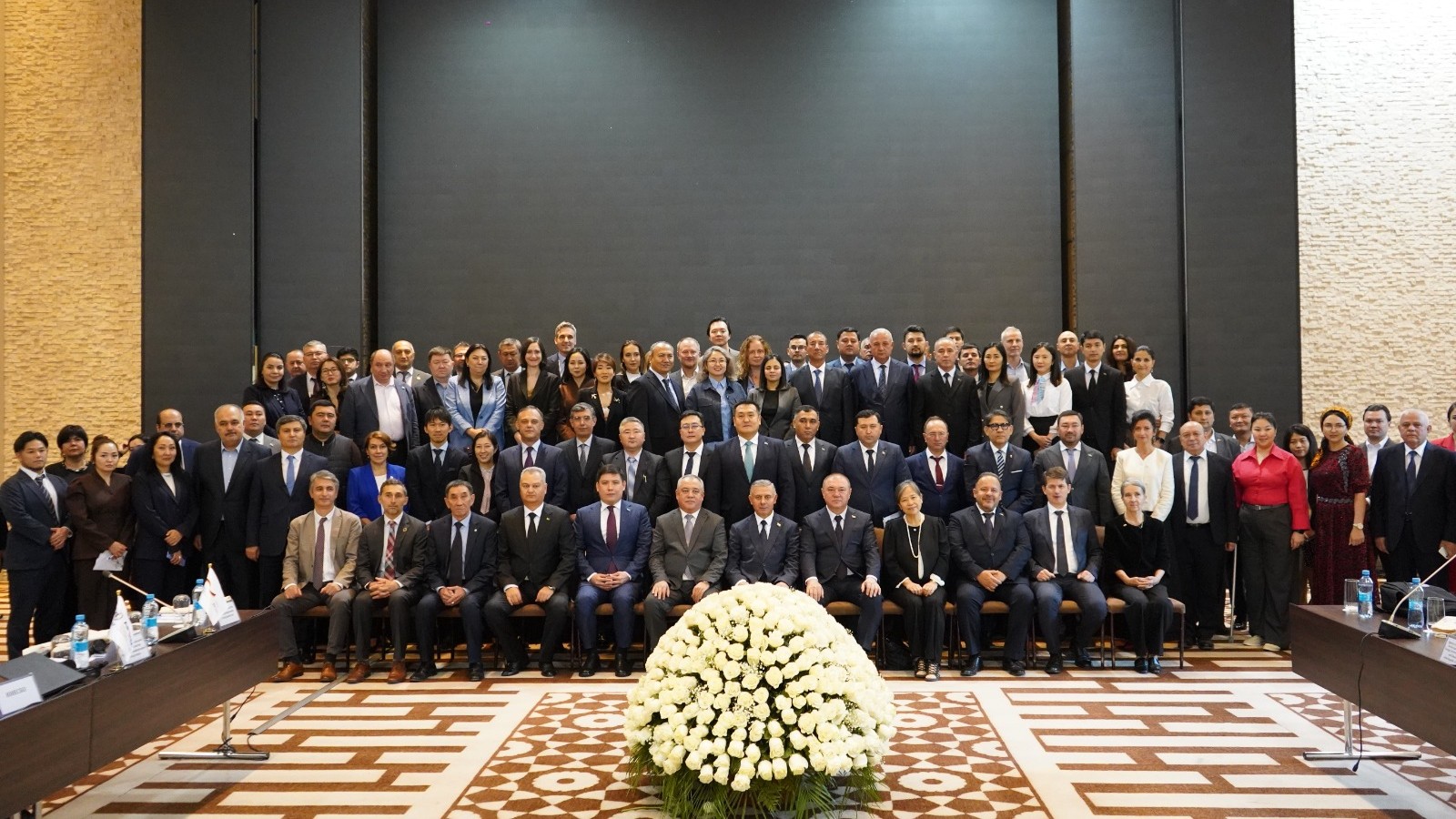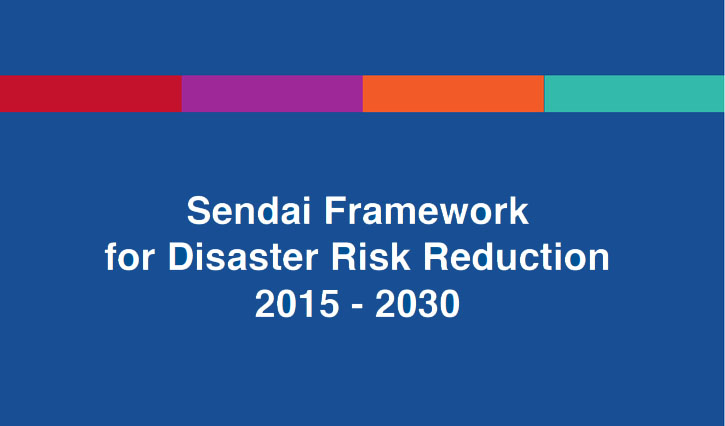Regional Meeting of the Heads of Emergency Authorities of Central Asian countries held in Dushanbe
On 17 October 2025, Dushanbe hosted a high-level event – the Regional Forum – Meeting of the Heads of Emergency Authorities of Central Asian Countries.
The Forum brought together heads of delegations of emergency authorities from the five Central Asian countries, heads of national hydrometeorological services, representatives of pilot city municipalities within the regional UNDP project, as well as representatives of UN agencies, international and non-governmental organizations.
The Forum was organized by the Committee for Emergency Situations and Civil Defense under the Government of the Republic of Tajikistan, jointly with the Center for Emergency Situations and Disaster Risk Reduction (CESDRR), the UN Development Programme (UNDP), the Deutsche Gesellschaft für Internationale Zusammenarbeit (GIZ), and the UN Office for Disaster Risk Reduction (UNDRR), with financial support from the Governments of Switzerland, Germany, and Japan.
The participants focused on the implementation of the Regional Strategy for cooperation on Disaster Risk Reduction between Central Asian countries for 2022–2030, strengthening transboundary cooperation, and aligning national priorities with global frameworks such as the Sendai Framework for Disaster Risk Reduction, the Paris Agreement, and the 2030 Agenda for Sustainable Development.
During the plenary and thematic sessions, participants discussed practical measures to implement modern disaster risk management tools, improve coordination and information exchange mechanisms, and develop a regional early warning system — including for hydrological hazards in transboundary river basins. Risk profiles of pilot cities in the region were also presented as part of the regional UNDP project.
Special attention was given to strengthening cooperation among emergency authorities of the region and expanding international collaboration. Participants emphasized the importance of joint efforts to enhance disaster preparedness and climate change adaptation.
Opening the Forum, the chairman of the Committee for Emergency Situations and Civil Defense under the Government of the Republic of Tajikistan underlined the importance of regional cooperation and joint action: “Today we have gathered to discuss ways to strengthen collaboration in Central Asia in disaster risk reduction within the framework of the Sendai Framework for Disaster Risk Reduction 2030 and the UN global initiatives ‘Early Warnings for All’ and ‘Making Cities Resilient 2030’. The Republic of Tajikistan supports the idea of creating sustainable regional cooperation mechanisms that will enhance the effectiveness of our collective actions. Only through joint efforts can we effectively address the challenges we face.”
The Forum served not only as a platform for dialogue and experience exchange but also for concrete decision-making. One of the key outcomes was the signing of a Joint Declaration on the Establishment of the Regional Coalition of Resilient Cities of Central Asia, which aims to unite municipal leaders to reduce climate and natural risks, share knowledge, and promote sustainable urban development.
The Coalition includes the pilot cities of Petropavlovsk (Kazakhstan), Osh (Kyrgyzstan), Dushanbe (Tajikistan), Ashgabat (Turkmenistan) and Namangan (Uzbekistan). The initiative is being implemented within the UNDP regional project with the support of the Government of Japan, and is aligned with the Regional Strategy for cooperation among Central Asian countries on Disaster Risk Reduction 2022–2030.
One of the Forum’s thematic sessions was dedicated to the presentation of ongoing and planned initiatives in disaster risk reduction in Central Asian countries by international organizations. Speakers included representatives of UNDRR, GIZ, UNDP, WFP, UNICEF, UNECE, UNESCO, the IFRC, and others.
As a result of the Forum, the following documents were adopted and endorsed:
- Final Protocol of the Regional Forum, defining joint priorities for 2026–2027 (signed by heads of delegations of Central Asian emergency agencies);
- Concept for the Establishment of a Regional Early Warning System for Hydrological Disasters in pilot transboundary river basins of Central Asia;
- Roadmap for the Establishment of the Regional Early Warning System for Hydrological Disasters in pilot transboundary river basins;
- Protocol of Intent on the Improvement of Early Warning Systems and Mechanisms for Information Exchange on the Threat or Occurrence of Emergencies;
- Protocol on intentions to improve the sustainability of cities in Central Asian countries to disaster risk and climate change;
- Joint Declaration on the establishment of the Regional Coalition of Resilient Cities of Central Asia (signed by municipal leaders from across the region).
The Forum became an important milestone in strengthening intergovernmental cooperation in disaster risk reduction, advancing coordination mechanisms for response, and reinforcing partnerships between government agencies and international organizations.
Participants expressed their appreciation to the Government of the Republic of Tajikistan, UNDRR, GIZ, and UNDP for their close collaboration, active support, and contribution to the development of regional cooperation in Central Asia.

































